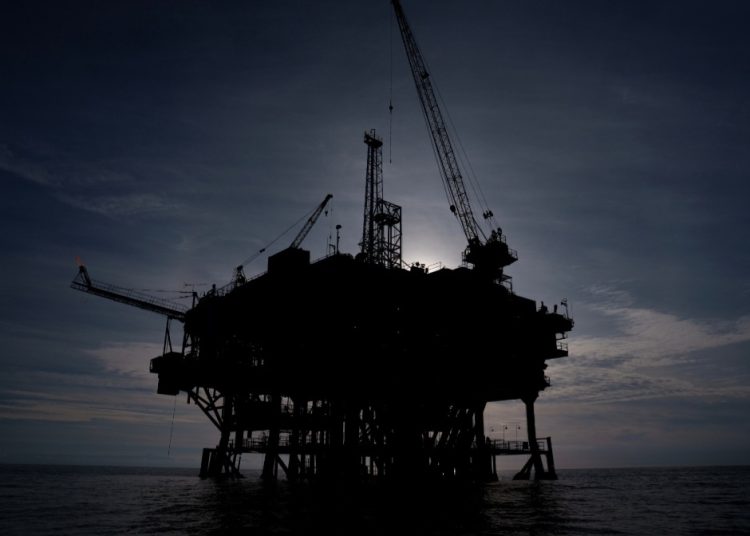President Donald Trump has revoked bans on offshore oil and gas leasing that restricted drilling in most U.S. coastal waters. In his first hours in office, Trump took sweeping action to advance domestic energy production, reversing former President Joe Biden’s restrictions on drilling across approximately 625 million acres of coastal waters.
While Trump’s move does not immediately initiate new offshore lease sales, it sets the stage for potential expansion, though legal challenges from environmental groups are expected. Additionally, oil companies have shown limited interest in exploring many of the newly accessible areas. Congressional Republicans, however, see offshore oil auctions as a way to generate federal revenue to support initiatives like extending the 2017 tax cuts.
Trump’s efforts to expand energy development reflect his campaign promise to unlock America’s energy resources and align with the oil and gas industry’s push for more access to federal lands and waters. Industry leaders argue that domestic production offers a smaller carbon footprint compared to imports, particularly as demand for electricity surges due to advancements in artificial intelligence.
Despite this, the move faces significant legal and political hurdles.
A federal law dating back 72 years gives presidents the authority to block offshore drilling but does not explicitly permit revocations, a point upheld in a 2019 court decision rejecting Trump’s earlier attempt to reverse offshore drilling bans implemented by Barack Obama. Environmental advocates predict Trump’s latest efforts will encounter similar obstacles, arguing that expanded drilling threatens vital ecosystems, coastal communities, and marine life while doing little to address long-term energy needs.
The oil industry is urging Trump to introduce a new five-year leasing plan to replace Biden’s program, which had limited offshore lease sales to just three over five years, the lowest in history. Similar plans during Trump’s first term faced resistance, particularly from coastal state politicians, and were ultimately scaled back. It remains uncertain whether the current effort will result in new oil and gas development or withstand legal challenges.













